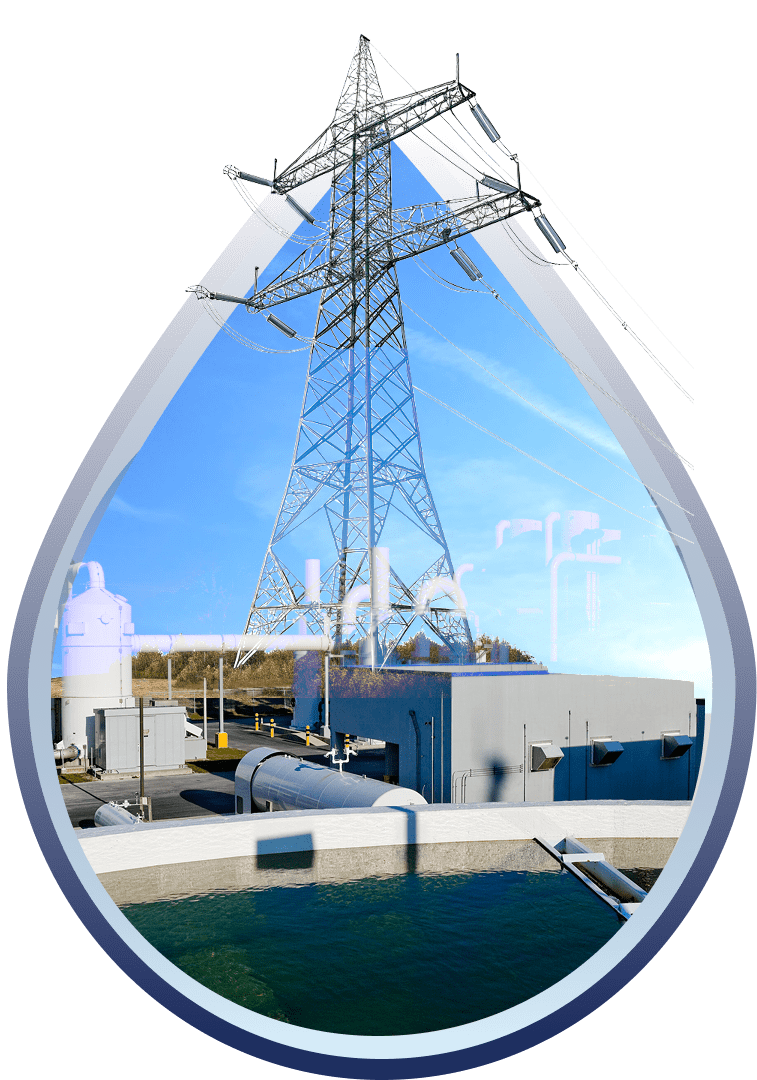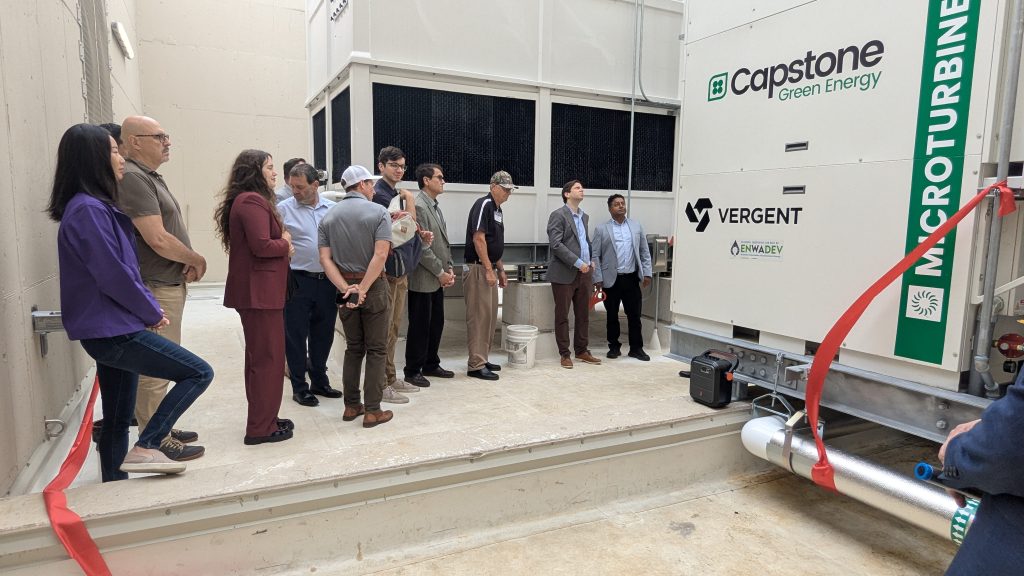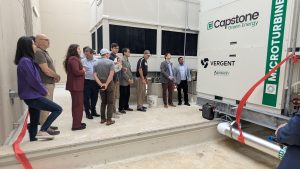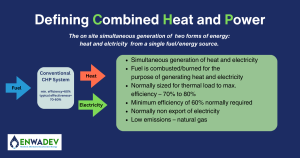In an era where sustainability is no longer a luxury but a necessity, hotels are uniquely positioned to make a major impact. With round-the-clock energy needs—from heating water to lighting entire buildings—hotels consume a significant amount of electricity and thermal energy. That’s why forward-thinking properties like the RIU Plaza Hotel in downtown Chicago are turning to Combined Heat and Power (CHP) technology to reshape their energy future.
Energy and Water Development (EnWaDev), in partnership with RIU Hotels, recently completed the design and installation of a cutting-edge CHP microturbine system at the RIU Plaza. The result? A cleaner, more efficient, and more resilient energy infrastructure that’s already making waves across the hospitality industry.
What Makes CHP a Smart Choice for Hotels?
Hotels operate 24/7. Guests need hot showers in the morning, air conditioning in the afternoon, and lighting, elevators, and entertainment systems at all hours. This continuous energy demand makes them ideal candidates for CHP technology.
A Combined Heat and Power system generates electricity on-site and captures the otherwise wasted heat from the generation process. That heat can then be used for:
- Domestic hot water for guest rooms
- Hydronic heating and cooling
- Laundry and spa operations
- Backup power during outages
Because CHP generates electricity and heat from the same fuel source—typically natural gas—it can achieve total system efficiencies of up to 80%, compared to the 50% or less of traditional utility systems.
RIU Plaza Chicago: A Case Study in Efficiency
Located in the heart of Chicago, the RIU Plaza underwent a major renovation and recognized a clear opportunity to improve its energy infrastructure. Rising gas bills and increasing grid electricity rates—combined with sustainability goals—prompted the search for a more efficient solution.
That solution came in the form of a modular CHP microturbine.
Key Benefits of the RIU CHP Installation:
- On-site electricity generation reduces dependency on the grid and peak demand charges.
- Heat recovery system provides hot water for the hotel’s extensive guest and service needs.
- Reduced carbon footprint supports RIU’s environmental initiatives and LEED considerations.
- Improved energy resilience protects operations during grid instability or outages.
EnWaDev worked closely with RIU’s facilities team and contractors to design a turnkey solution tailored to the hotel’s energy profile and physical space constraints. The result was a compact, modular system that could be installed with minimal disruption and immediately began delivering results.
Engineering the Project: Behind the Scenes
CHP installations aren’t one-size-fits-all. For the RIU Hotel project, our engineering and construction teams:
- Performed detailed energy modeling to determine the optimal microturbine capacity.
- Designed a heat recovery system that integrates seamlessly with the hotel’s hydronic heating and domestic hot water systems.
- Oversaw installation and utility coordination, ensuring the system meets local codes, safety standards, and operational goals.
- Commissioned the system, testing for efficiency, reliability, and peak performance.
With our modular CHP approach, the hotel benefits from a system that is scalable, easy to maintain, and future-ready.
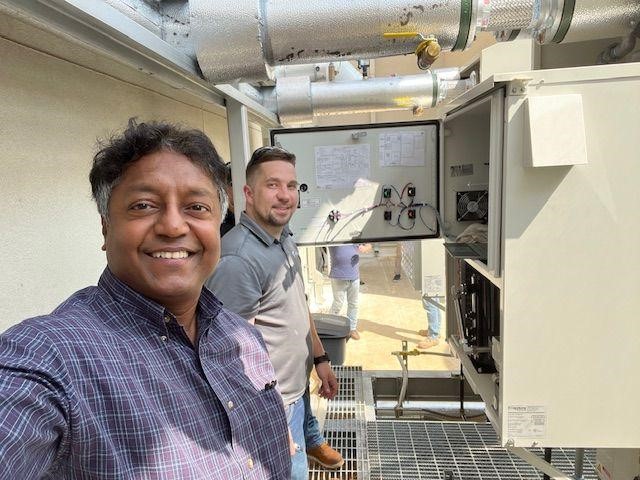
Why the Hospitality Industry Should Pay Attention
Hotels across the U.S. and around the globe are facing pressure to meet ESG targets, reduce operating costs, and improve guest satisfaction. CHP systems offer a rare triple win:
- Cost Savings – Lower energy bills and a hedge against utility price volatility.
- Sustainability – Reduced carbon emissions and potential for LEED credits or incentives.
- Resilience – Continued operation during outages, an increasingly important feature in extreme weather or aging grid scenarios.
For multi-story hotels with consistent occupancy, spas, restaurants, and laundry services, the savings potential is especially strong.
Thinking About CHP for Your Hotel?
At EnWaDev, we specialize in customized, high-efficiency energy systems that align with your facility’s footprint, goals, and future needs.
If you’re a property owner, facilities manager, or developer looking to reduce costs while boosting sustainability and guest experience, a CHP system may be the key.
Let’s talk about how CHP can work for you.
👉 Contact us today to schedule an energy consultation.

